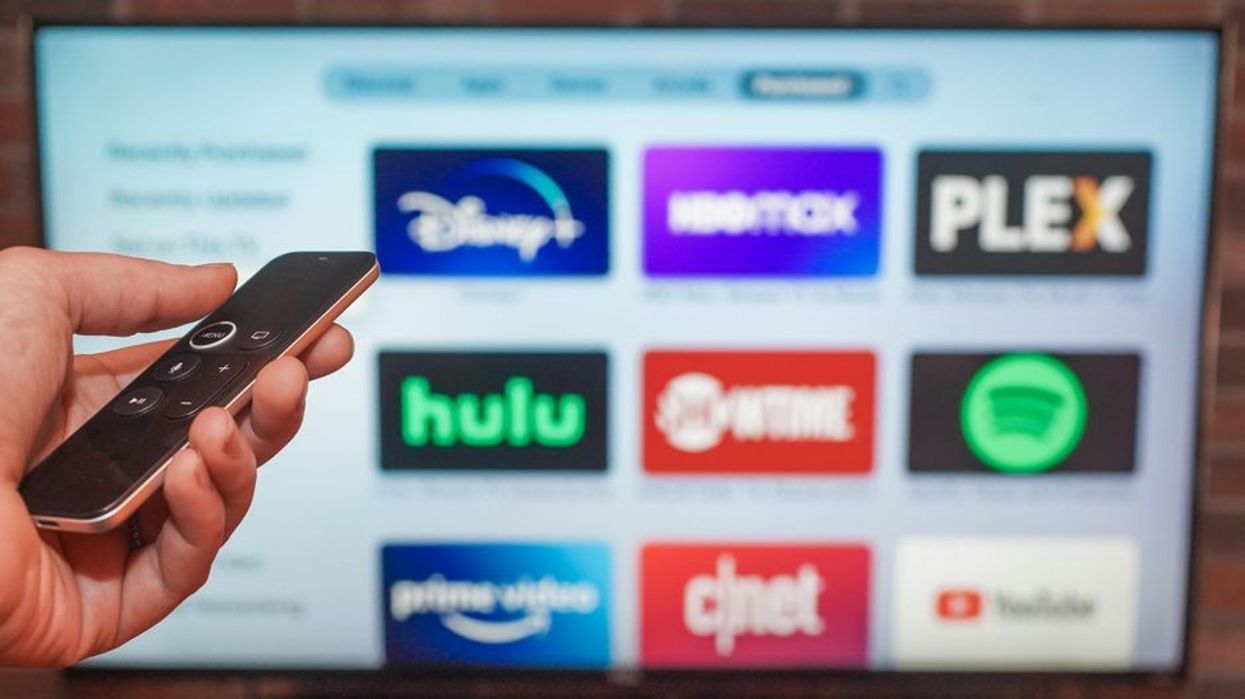The Business Behind Streamers Removing Shows
Streaming is not forever.

When streaming first debuted, I thought it was going to be incredible for cinephiles. In my naivete, I thought every studio would make its entire catalog available and we could watch as much as we wanted.
But that's not remotely what's been happening.
We've seen streamers remove titles at random, actually take things off after a while to avoid costs, and not make things available for a while to make sure they don't have to pay residuals.
These streamers are trying to do a few things. First, they're trying to license content to get people to watch. That's why The Office used to be on Netflix, then moved to Peacock. That's why New Girl bounced from Netflix to Hulu. Companies are always looking for older shows and movies they can pay a lot of money for to then broadcast for a limited amount of time.
They bolster that by making original streaming content. This original content would supposedly sit on their platforms forever, creating a deep catalog for its users.
But what's happened lately is that these original shows and movies are taken out of circulation to cut costs.
I find myself wondering if this is really that good for business. Could they really be saving that much money? Especially when we know they're not paying that much, if anything, in residuals on those shows right now.
CNBC tried to get to the bottom of this, and the figures they pulled were not that thrilling. They found that removing original streaming content saved “tens of millions of dollars."
Another move they have is selling the shows and movies they removed to other places. Hypothetically, you could move Westworld off Max, and then sell it to Netflix if you wanted, in an attempt to recoup any costs. This is not happening that much but might represent a carousel of titles in the future.
The studios will also tell you that, usually, they're only removing one or two percent of their catalog at a time, so a wide array remains available. Still, it can be upsetting to fans who return to platforms to watch shows they want, and terrible for writers and directors who might get their stuff on the air and then suddenly have it taken away without any means of anyone being able to find it to watch it.
Plus, those companies are supposed to pay some sort of residuals, which completely goes away if your show does as well.
Again, it's hard to put a number on exactly how much it saves to move one of these shows off the platform, it might be millions, but in the grand scheme of building a library and fan bases, that doesn't seem to be that big of a deal in a business in the billions.
We'll keep an eye on where this might go.
Source: CNBC











